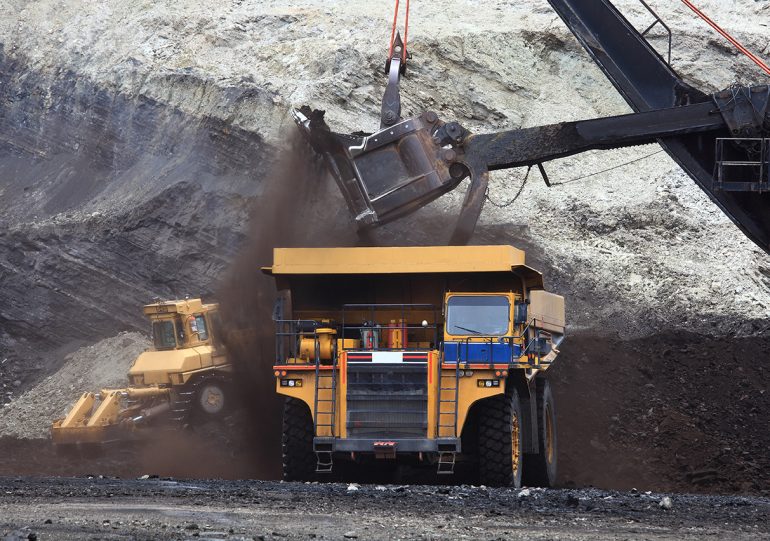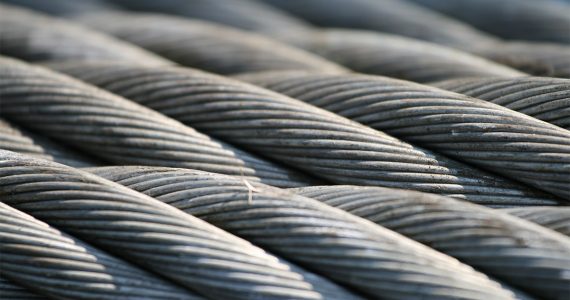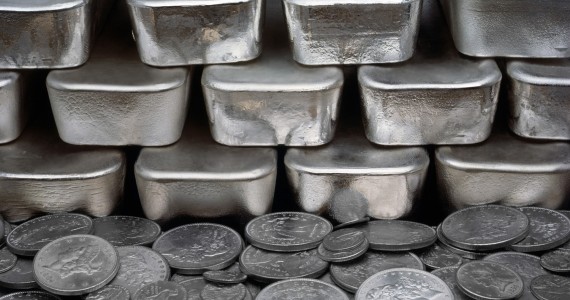Gecamines, formally known as La Générale des Carrières et des Mines, has recently announced its plans of entering into a joint venture agreement with China Nonferrous Metal Mining Group (CNMC) a majority stake at its Deziwa concession, its copper asset with the highest profitability prospect.
New Type of Partnership
According to Jean Dominique Takis, the head of strategy at Gecamines, said that CNMC will finance, build, and operate a planned copper processing facility at its Deziwa concession. In return, the Chinese corporation will receive a 51% stake in the mining project.
Furthermore, CNMC will be reimbursed by Gecamines for its investment in the copper processing plant via an off-take agreement over a yet-to-be-specified period. After the reimbursement period, Gecamines will have full ownership over the project, which is expected to have an initial capacity of 80,000 metric tons annually. Takis announced these developments during an interview in Kinshasa, the capital of the Democratic Republic of Congo.
Takis further stated that while Gecamines discussed Deziwa with several investors, CNMC showed the most willingness in agreeing to the terms and conditions.
According to Albert Yuma, the Gecamines Chairman of the Board since 2010, the planned joint venture is a new type of partnership between the two state-owned mining companies. The joint venture is designed to increase revenues and, thus, profits in the coming years.
Decades of war and dictatorship have left Gecamines’ infrastructure nearly ruined and its cash reserves severely depleted. Since 2010, the mining company has been engaging in strategic partnerships and boosting production, with many of its efforts failing to achieve the desired results.
It has, for example, minority stakes in cobalt and copper projects in other mining companies, such as in Freeport McMoRan Inc. based in Phoenix, Arizona and in Glencore Plc headquartered in Baar, Switzerland. According to Gecamines, both failed in generating the fund necessary for restoring its financial health that, in turn, encouraged the company to explore other types of partnerships.
Growing Chinese Presence
The new Gecamines and CNMC joint venture will add to the increasing presence of Chinese mining companies and their professional miners in Congo’s copper industry. With the sale of Freeport McMoRan’s Tenke Fungurume’s copper project to yet another Chinese company, China Molybdenum Co. for $2.65 billion, in May 2015, such growing presence may yet grow faster than expected.
The decision to enter into a joint agreement may likely have been spurred by Gecamines’ ballooning debt, which currently stands at $1.58 billion. In January 2013, the company also went into a $196 million debt in order to purchase its Deziwa concession, described as its flagship project. The Deziwa concession is expected to provide the copper reserves necessary to re-launch Gecamines as one of the world’s major producers.
According to Gecamines officials, the Deziwa concession has the potential to generate up to 5 million tons of copper over its project lifetime. Gecamines produced 18,836 tons of copper in 2015, a small drop in Congo’s nearly 1 million tons of copper production in the same year; Congo is still Africa’s largest copper producer.
Early Criticisms of the Contract
But there are significant concerns about Gecamines’ plans especially from advocacy groups. This, even when the planned joint venture only gives CNMC a build-operate-transfer scheme with a 51% stake in the project. The concerns can be attributed to the insufficient details of the project and to the fact that Gecamines will not receive a part of production during the repayment period.
Carter Center, based in Atlanta, Georgia, and Global Witness, based in London, England, are just a few of the advocacy groups calling on Gecamines to divulge more details of the deal specifically the terms and conditions of the initial agreement signed in January 2016. These groups cite a 2011 government decree requiring all contracts involving Congo’s natural resources to be published for the general public’s knowledge within 60 days of their execution.
But Gecamines has asserted that the existing agreements with CNMC are not binding agreements but frameworks for negotiations. Takis has asserted that the definitive contracts with CNMC will be published within 60 days. He also said that the project’s second phase, which can increase production to 200,000 tons each year, will also be discussed at a later date.
Founded in 1966, Gecamines SA is a state-controlled corporation engaged in mining and commodity trading from its headquarters in Lubumbashi, Katanga Province, Democratic Republic of Congo. It is currently engaged in the exploration, exploitation and production of copper, tin, cobalt, gold, zinc, and uranium, among other mineral deposits. It is considered as the biggest mining company in Congo and one of the largest in Africa with its mines sitting on many of the world’s largest deposits of copper and cobalt, as well as major interests in Kambove, Kamfundwa, Kipushi, and Kolwezi, among others.
Gecamines is presently undergoing a multi-year, multi-billion strategic development plan with its main goal being to reposition itself as one of the world’s top mining companies. The CNMC deals are just part of said plan.








